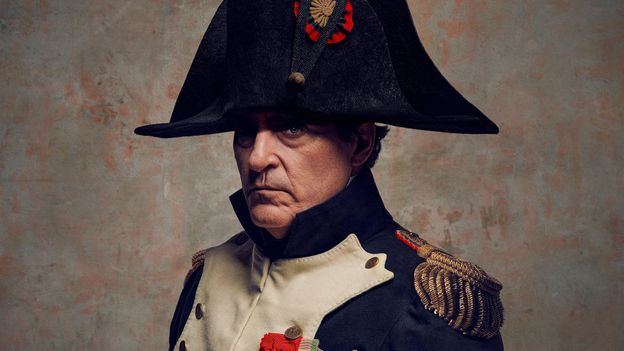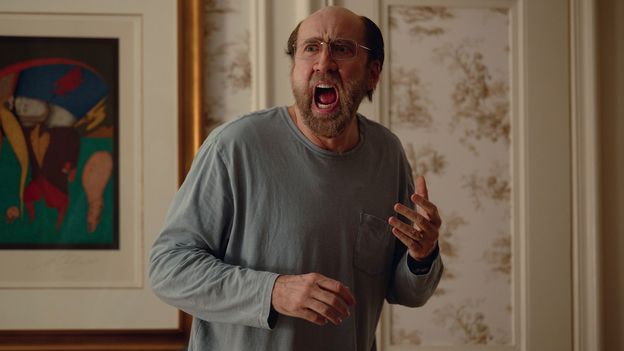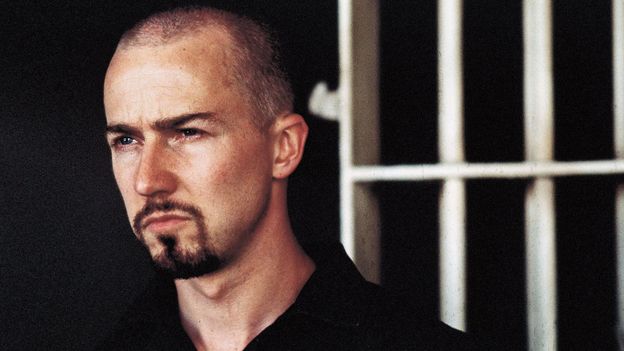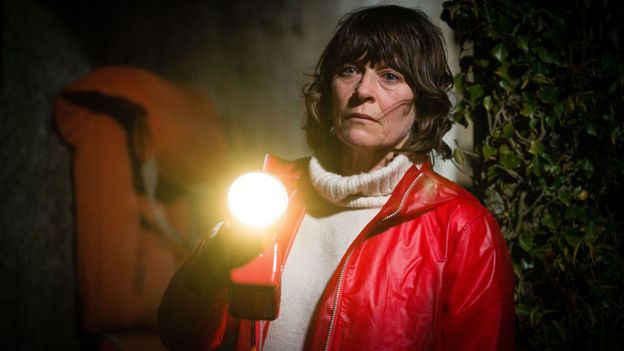The Napoleonic propaganda machine was a very, very powerful tool in the course of the Empire and churned out a version of his wars in which much of the fault was down to perfidious Albion,” he adds. “It wasn’t France at all – it was everybody making war against France. This powerful Napoleonic legend continues to operate to this day. Napoleon is a living presence. He continues to operate from beyond the grave. He continues to mould the way in which we see him.”
But Esdaile also rejects the Hitler and Stalin comparisons.
“Napoleon had many faults and was a loathsome individual but the racial ideology that underpinned the Nazi regime simply wasn’t there,” he says. “Napoleon is not guilty of genocide. Napoleon doesn’t engage in wholesale purges. In fairness to Napoleon, the number of political prisoners in the course of his reign is relatively limited. To compare him with Hitler and Stalin is a historical nonsense.”
Of course, Ridley Scott, a titan of the film industry, director of Blade Runner, Gladiator, Thelma and Louise, Alien and many others, has been in the business long enough to know how to promote a movie. (Napoleon is a return to the milieu of his first feature, The Duellists, released more than four decades ago.) It’s entirely possible he knew the Hitler and Stalin remarks would generate publicity and that is why he made them.
So will Esdaile be going to see Napoleon when it is released?
“I suppose I’m going to have to but I know it can’t be any good because Rod Steiger is not playing Napoleon,” he jokes. “There is so much wrong with the 1970 film Waterloo but Steiger’s performance as Napoleon is just outstanding.”
If you liked this story, sign up for the weekly bbc.com features newsletter, called The Essential List. A handpicked selection of stories from BBC Future, Culture, Worklife and Travel, delivered to your inbox every Friday.
If you would like to comment on this story or anything else you have seen on BBC Culture, head over to our Facebook page or message us on Twitter.












